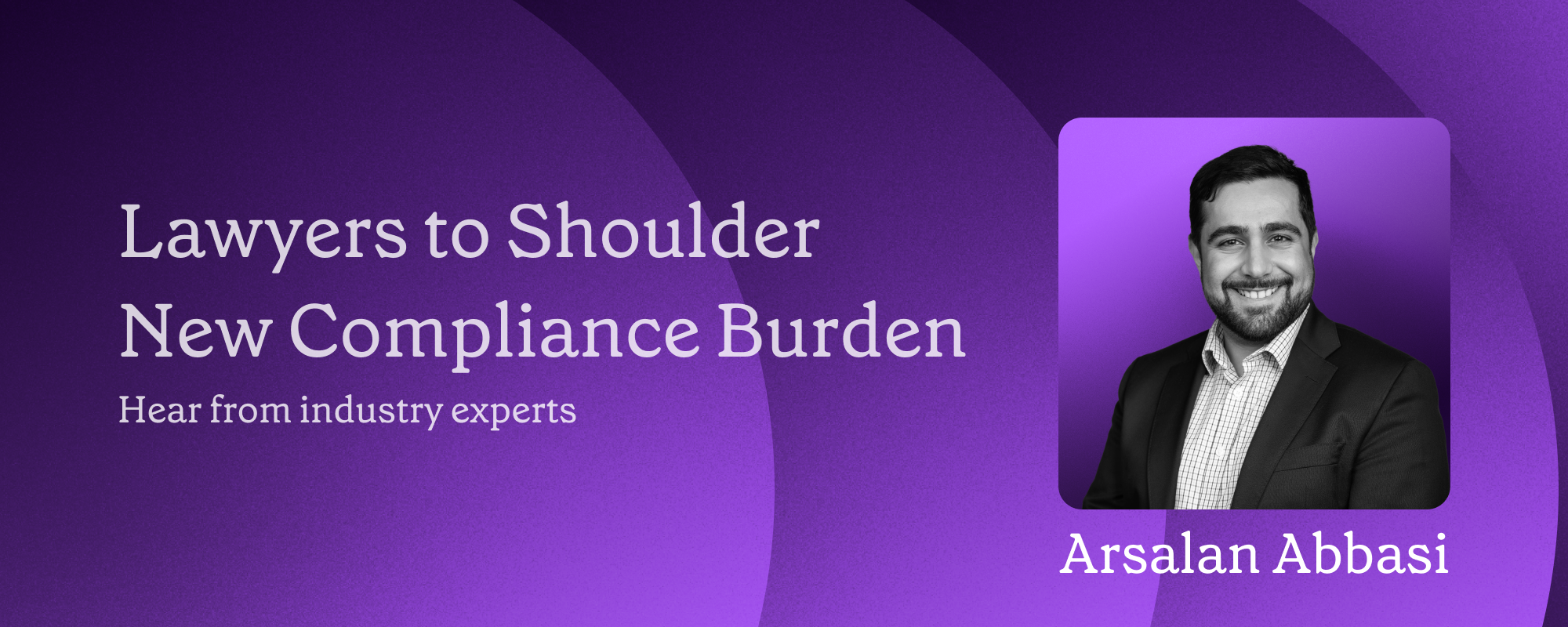

Lawyers – who provide a designated service – are set to face new obligations under AUSTRAC’s Tranche 2 reforms.
The laws take effect on 1 July 2026, with AUSTRAC registration opening on 31 March 2025.
Regulators argue legal services involving client money, complex transactions, and trust arrangements are particularly vulnerable to criminal exploitation.
Under the reforms, lawyers providing designated services will need to abide by the Anti-Money-Laundering and Counter-Terrorism Financing laws.
Impacted firms will be required to implement customer due diligence, ongoing monitoring, suspicious matter reporting and record keeping.
Raising the Bar
Aventine Labs founder Arsalan Abbasi said the changes would reshape how firms interact with clients.
“What tranche two is actually introducing is the wider scope of look at who your customer is and stop being lazy,” he said.
He argued that compliance obligations, far from being a burden, could help strengthen practice standards.
“Your law firm will have a better reputation. You'll be better lawyers, and you'll be a better business as a whole, because a good business understands its customers and is able to upsell to them and deliver to their needs.”
Lessons From Abroad
Abbasi highlighted the compliance challenges confronting law firms in the UK and Europe.
“[In the UK] 75% of the fines in the past year and two for the past two years have been related to inadequate risk assessments,” he said.
By contrast, Australian firms have the opportunity to learn from these shortcomings and implement stronger compliance programs from the outset.
Spotting the Risks
An AUSTRAC spokesperson, speaking at a RegTech Australia webinar, outlined key warning signs that lawyers should watch for to guard against criminal exploitation.
These red flags include:
AUSTRAC will release detailed guidance for tranche 2 industries in October.
Technology’s Role
Technology is expected to play a key role in helping firms comply with the new regime while maintaining efficiency.
Abbasi said firms should be cautious in selecting vendors.
“When you're doing basic due diligence on a vendor, there are good things to look for, such as visuals of the products, screenshots, videos, founder demos, founder diaries,” he said.
“There should be data online. When there isn't data online, or when they're hiding products and pricing, I would say that's not a company I really want to engage with on that front.”
He recommended comparing multiple providers.
“It's one of those things where you have to demo each tool and see what's good and what's not.”
Abbasi also stressed the need for robust checks.
“Absolutely do the full arm of law on vendors, KYB check, screening check, LinkedIn, make sure every employee is actually a real human being, and make sure that ISO is legit.”
Why Personr Stands Out
Abbasi said Personr offers a comprehensive approach.
“It can do all the verifications from KYB, KYC and screening, which you need,” he said.
Ease of use, he added, was another advantage along with Personr’s unique feature.
“I also think Personr has one thing that other companies don't, which is the compliance policy creator per jurisdiction.”
Connect with our team and learn more.
Disclaimer: This is for general information only. The information presented does not constitute legal advice. Personr accepts no responsibility for any information contained herein and disclaims and excludes any liability in respect of the contents or for action taken based on this information.
Copyright © 2023 Personr Pty Ltd (trading as Personr).